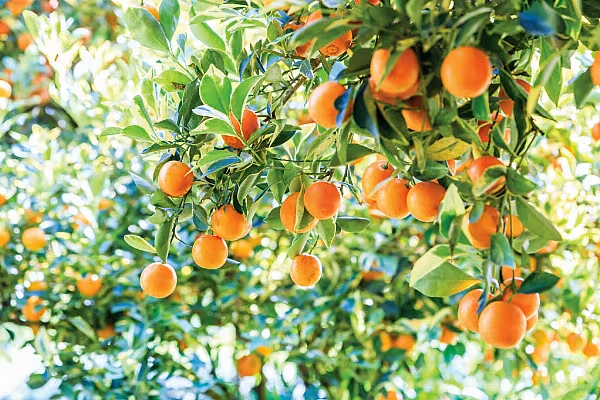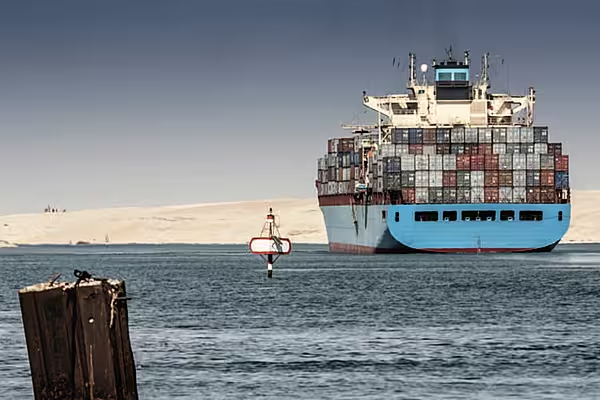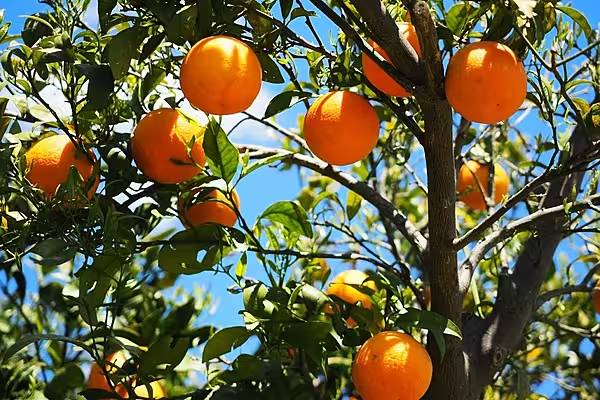While COVID-19 has had a negative impact on several categories, some, such as orange juice, have seen a surge in sales. Nick Peksa examines the knock-on effect of this on the juice supply chain. This article originally appeared in ESM Issue 3 2020.
When selecting a topic to write about, it’s very hard to avoid the topic of coronavirus. From a panic buying perspective, things appear to have eased across Europe as people have become accustomed to a new way of shopping, while shoppers have increased their basket size as a result of less frequent shopping trips.
These changes are supported by data from Revolut and Starling banks, which indicate that UK supermarket transactions are down by 40%, however, purchases when made were up by 6% in value.
Changing Habits
The focus of this new weekly shop has also changed; on-the-go products have been exchanged for cooking and baking ingredients, such as canned goods, eggs, flour and pasta. On average, pasta and flour sales across Europe have increased year-on-year by 60% to 80%. This increased demand is not just coming from grocery retailers – bakeries in countries like France have doubled their normal flour orders. Both consumer and industrial demand have helped to drive the price of wheat upwards.
Another interesting trend has been developing in the marketplace. Consumers are starting to focus on specific immunity products, some in their natural form (juices) and others as supplements (vitamins and minerals). For example, there has been a surge in export demand for Indian turmeric, which is thought to boost the immune system.
March saw a 300% uplift for demand in Europe, especially from the UK and Germany. However, flight cancellations have made it difficult for India to fully utilise this opportunity.
Demand Surge For Vitamin C
After years of declining consumption figures, the orange juice industry is experiencing a minor recovery. Those consumers looking to boost their immune systems more naturally have focused on orange juice. Some research suggests that vitamin C can help the immune system fight off bacteria and viruses, however it is highly unlikely that vitamin C will prevent, or cure, a COVID-19 infection.
Frozen orange juice prices have been languishing in a price trough for the last year or so, and this increased consumer demand has helped pull it out. Consumer panic buying has stimulated the interest of speculators. Recent trading activity has seen prices increase by 25%, as the graph opposite indicates.
There are some genuine buyers in the marketplace contracting their future supplies, however the bulk of the market movements have been driven by speculation. The view traders have taken is on the back of prospective labour shortages, fearing that workers would be unable to man the plants in the main producing regions of both Brazil and Florida.
Supply Pressure
Their speculation has been supported by the fact that the crushing of the 2019/20 orange crop has slowed across the main producing regions of Brazil. This has primarily been driven by lower supplies and a reduced fruit quality arriving from the rain-affected citrus groves. In Brazil, these quality issues have reduced the price per box for oranges by close to 10%.
In the first half of March, only one large-sized processor has been operating in the Brazilian region of Araraquara. This plant will plug the gap in market demand prior to the 2020/21 crop coming online. Uncertain times and a lack of information has resulted in buyers being reluctant to fix prices for the upcoming crop. They appear to be waiting until later this month, when production estimates are to be released.
An additional supply pressure may come from China. In early March, China reduced its retaliatory tariffs on US citrus by about half, to 35%. For the first time in two years, export sales to China have increased.
The main question we should be asking is whether there are enough tankers to ship the product to buyers? The answer would probably be yes, given that the Brazilian orange juice industry has its own port and shipping facilities.
Ending Thoughts
It is worth noting that there is plenty of orange juice available – the world is in an oversupply situation. It also appears that there are labour issues in Brazil. Once the disruption in supply chain has eased, the expectation is that the decline of orange juice will re-establish itself.
Closer to home, there is genuine concern from EU policymakers and national governments that there will be a severe shortfall in seasonal workers. This will potentially threaten the harvests of less mechanised fruits and vegetables. Could this pandemic be a redefining moment for the farming industry, moving to domestic labour rather than a migrant workforce?
For more information, contact nick.peksa@cost-insights.co.uk.
© 2019 European Supermarket Magazine – your source for the latest retail news. Article by Nick Peksa. Click subscribe to sign up to ESM: The European Supermarket Magazine.














